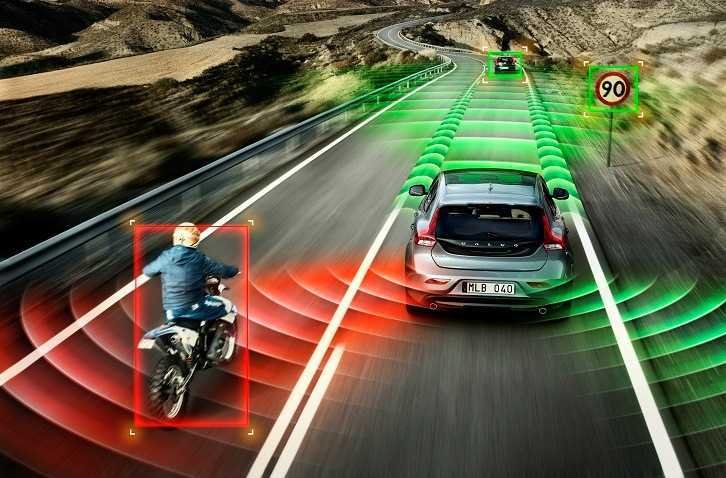The Department of Motor Vehicles in the State of California has proposed restrictive regulations for stand-alone vehicles, which basically prohibit vehicles carrying passengers if there is no driver.
The bill (PDF) also requires that self-propelled vehicles be equipped with a steering wheel and a pedal to run on public roads in California.
If the bill is passed law, οι εταιρείες που είναι πιστοποιημένες για τη δοκιμή αυτόνομων οχημάτων στους δρόμους της Καλιφόρνια (όπως οι BMW, Ford, Honda, Mercedes-Benz, Nissan, Tesla και Volkswagen, καθώς και οι επιχειρήσεις τεχνολογίας όπως την Google και την Cruise Automation) δεν θα να είναι σε θέση να κυκλοφορήσουν τους στόλους οχημάτων τους χωρίς οδηγό για χρήση σαν πλήρως αυτοματοποιημένες services taxi.
The proposal also requires autonomous cars to fully meet the new safety and performance requirements, through testing and certification by a third party auditor. TNW points out that there are currently no such organizations.
In a statement to Automotive News, Google said California's rules would block a technology that could improve road safety standards and enhance mobility for people. people who cannot drive.
"Safety is our highest priority and our primary motivation. We are deeply disappointed that California is putting a cap on possibilities about fully self-driving cars that can help us all.”
The proposal is likely to push autonomous vehicle companies out of California to control and initially develop their vehicles. Austin, Texas Mayor Steve Adler says the city is "excited" to host such innovations.



